The Vietnam-European Union Free Trade Agreement (EVFTA) came into effect three years ago and brought new opportunities to the Vietnamese economy .
However, in the context of international trade with many potential risks such as some recent commercial frauds such as the cashew nut case in Italy, the cinnamon case, cashew nut export to the United Arab Emirates (UAE) and even the import of goods from Mexico to Vietnam, businesses need to equip themselves with the necessary skills to avoid losses and take advantage of the effectiveness of the agreement.
Ms. Do Viet Ha, representative of the Trade Office of the Vietnamese Embassy in Germany, said that in reality, most of the fraud cases in international business are due to not thoroughly researching the partners, often not meeting in person but only transacting via email, phone, fax, so there is no possibility to check the authenticity of the partners' addresses, phone numbers, and financial capacity.
To minimize risks in doing business with businesses in the EU in particular and abroad in general in the current difficult business environment, businesses need to pay attention to a number of points to minimize possible risks.
Firstly, it is necessary to check the legal status and credit status, delivery capacity and reputation of foreign partners before signing contracts. It is necessary to be cautious and have a firm grasp of information about partners before establishing business relationships; at the same time, through other partners, service companies or Vietnamese diplomatic missions abroad to conduct further verification of partners.
Second, limit the use of risky payment methods such as telegraphic transfer (TTR), collection (D/A, D/P), limit or do not advance payment for large value goods; should use more secure payment methods such as irrevocable letter of credit (Irrevocable L/C at sight).
Third, be vigilant and cautious when making electronic transactions online. When there are signs that the partner has changed email address, beneficiary, etc., you need to carefully check the information before transferring money.
Fourth, because the sales contract is always the basis for resolving disputes between parties, businesses need to strictly stipulate terms to protect their rights (especially terms on dispute resolution and complaints agencies), avoiding unfavorable situations for businesses when disputes arise.
Fifth, regarding payment, businesses should pay attention to understanding international principles and practices to clearly understand the roles and responsibilities of relevant parties, thereby considering and selecting appropriate payment methods and conditions to ensure benefits for businesses.
In addition, according to Mr. Tran Thanh Hai, Deputy Director of the Import-Export Department, Ministry of Industry and Trade , one of the methods to help minimize risks for export enterprises is to use logistics service enterprises as a "safety valve".
At that time, Vietnamese logistics company A will send the goods to logistics company B in the importing country with company B as the consignee. After receiving the goods, company B will deliver the goods to the buyer.
If for some reason the buyer or a third party gets hold of the documents, they will not be able to receive the goods because the information does not match the consignee name on the documents.
Businesses need to pay attention, consider and weigh all measures to help reduce risks in import and export business. From regularly updating information, raising awareness of unusual signs, to being able to hire and use law consulting companies to accompany businesses, helping businesses resolve arising disputes.
From the German Trade Office, Ms. Do Viet Ha said that the Trade Office can support businesses in verifying German partners. The Trade Office works with the German business verification agency and can check the payment capacity, credit limit, business activities and some other basic information of German businesses. This also helps Vietnamese businesses minimize risks when doing business with Germany.
According to Ms. Do Viet Ha, when exporting goods to the German market, businesses need to pay attention to and master the technical standards of the EU/Germany for imported goods, especially regulations related to food hygiene and safety and regulations related to corporate social responsibility.
For example, earlier this year, Germany implemented the Law on Due Diligence Obligations in the Supply Chain. This law indirectly affects Vietnamese exporters. Importers can require Vietnamese enterprises to provide additional certifications related to the origin of products, labor usage status, wages paid to workers, factory waste treatment methods, etc.
Some international certifications that importers may require include BSCI certification from the Amfori Global Business Association for Sustainable Trade, SA 8000 certification (system of social responsibility standards...), SEDEX/Smeta certification on social responsibility, policies for workers; FSC on sustainable forest management, Green Button standard in the textile industry...
Or recently, on June 9, the EU published Regulation No. 2023/1115 of the European Parliament and of the European Council on the circulation and export of certain products related to deforestation and forest degradation, replacing Regulation No. 995/2000.
In order to reduce deforestation that contributes to climate change and biodiversity loss, the regulation requires companies to ensure that products sold in and exported from the EU are produced in accordance with regulations and do not contribute to deforestation and forest degradation.
The commodities that must be accompanied by explanations include livestock, cocoa, coffee, palm and palm oil, rubber, soybeans, and timber. Enterprises exporting these commodities must collect and report information and data on the place of production, the area of land used for production, and certification documents verifying that there is no deforestation.
In case of non-compliance, operators and traders will be subject to penalties set by EU Member States, which can include fines of up to 4% of annual EU-wide turnover; confiscation of relevant products or turnover from commercial transactions; temporary exclusion from public procurement processes and from the EU market in case of serious violations...
Another regulation that is currently receiving much attention is the Carbon Border Adjustment Mechanism (CBAM), which will be piloted by the EU in a transitional period from October 1 and fully implemented from 2026.
The EU has set a target of carbon neutrality by 2050, with Germany - the EU's leading economy - aiming for carbon neutrality by 2045. The EU is concerned that EU businesses may move carbon-intensive production activities to countries outside the bloc with lower environmental standards.
To counter this risk, the EU will impose a carbon tax on all goods imported into the EU market to ensure that European emissions reductions contribute to global emissions reductions. The CBAM will initially focus on goods such as cement, steel, aluminium, fertilisers and electricity, then expand to other goods that can leak carbon such as organic chemicals and plastics, and finally to all goods covered by the EU’s emissions trading system (ETS).
This regulation will create significant additional costs for Vietnamese export goods, reduce export value, and increase pressure on businesses. Therefore, manufacturing enterprises in high-risk industries such as steel, aluminum, oil refining, cement, paper, glass, fertilizer, energy... exporting to the EU market should have plans to reduce carbon emissions in the production process so as not to exceed EU standards.
The EU in general and Germany in particular are increasingly making efforts to shift to a green, clean, and environmentally friendly economy. Therefore, the implementation, application, and issuance of regulations related to the environment and sustainable development of Germany and the EU will be very strict, requiring Vietnamese enterprises to have appropriate business plans and be sensitive to timely adjustments to meet new requirements, regulations, and standards.
According to VNA/Vietnam+
Source


![[Photo] Party and State leaders visit former President Tran Duc Luong](https://vphoto.vietnam.vn/thumb/1200x675/vietnam/resource/IMAGE/2025/5/24/960db9b19102400e8df68d5a6caadcf6)
![[Photo] Ho Chi Minh City holds funeral for former President Tran Duc Luong](https://vphoto.vietnam.vn/thumb/1200x675/vietnam/resource/IMAGE/2025/5/24/9c1858ebd3d04170b6cef2e6bcb2019e)






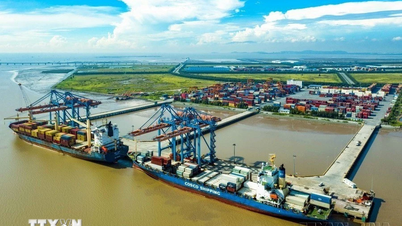





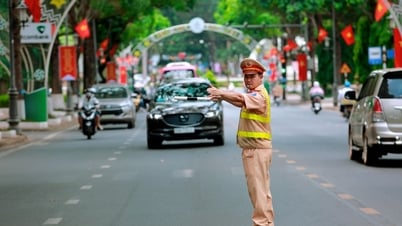












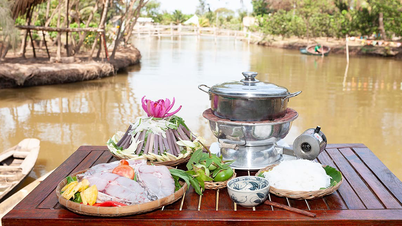
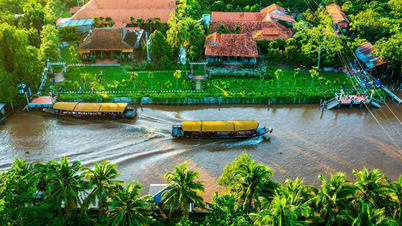
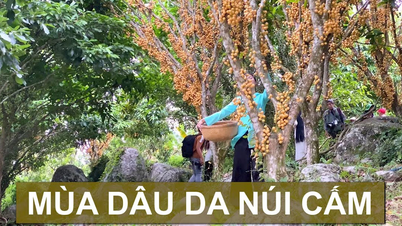
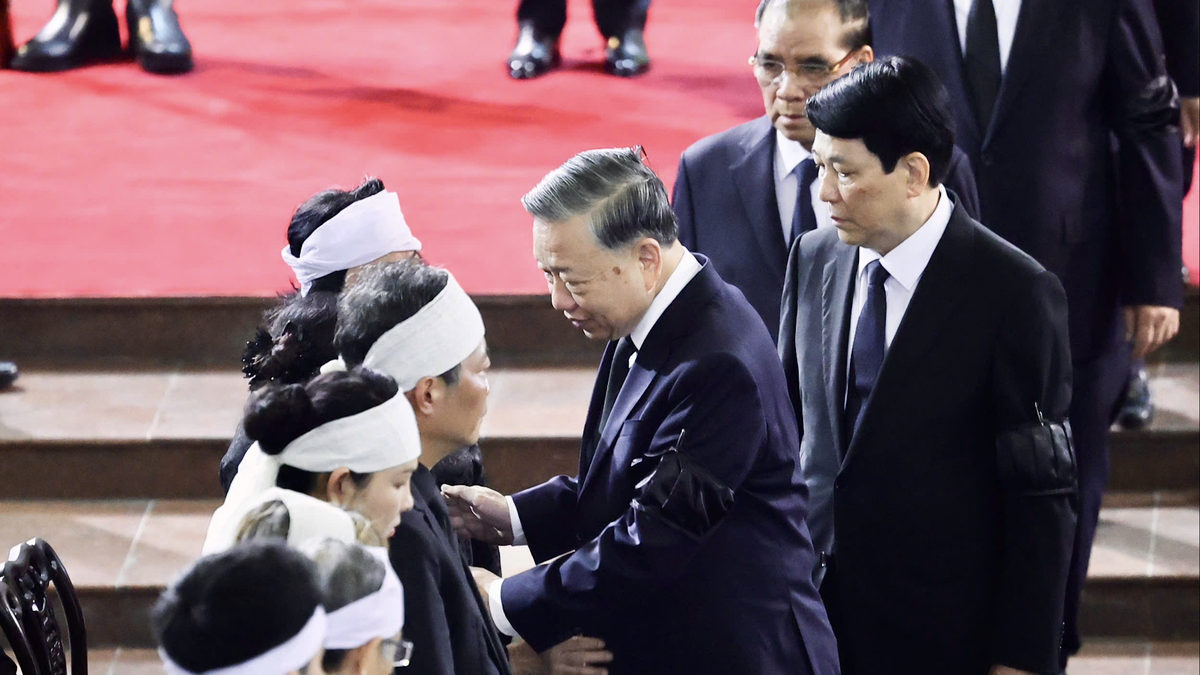
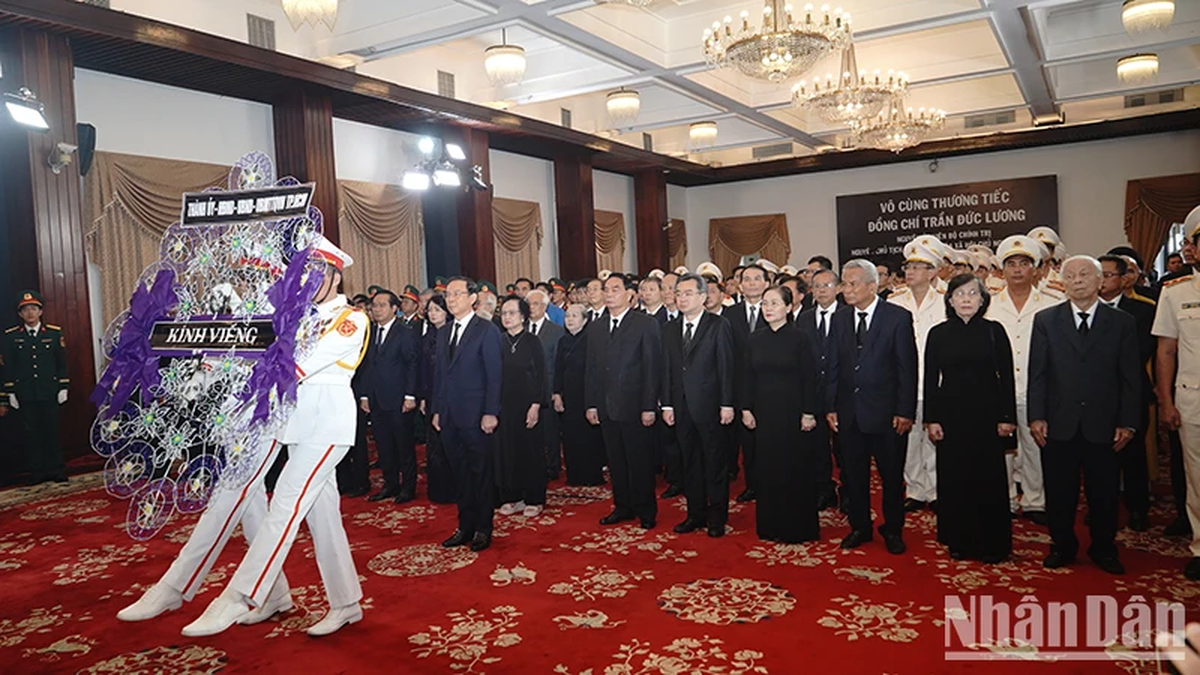



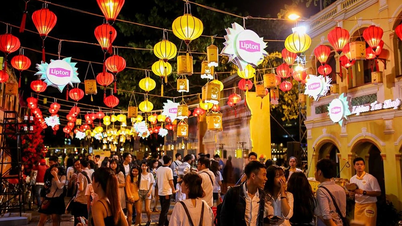

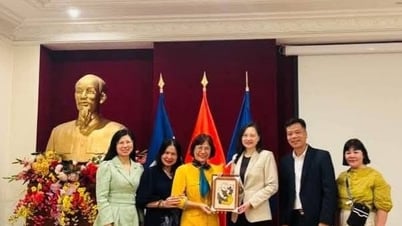

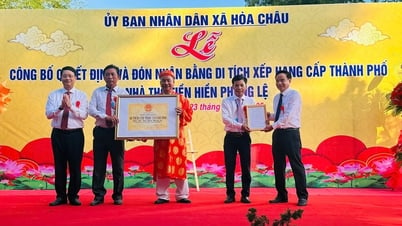





















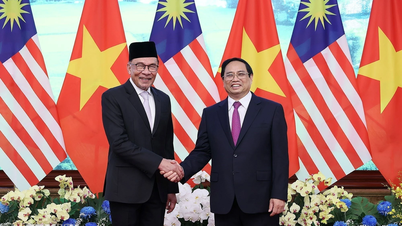


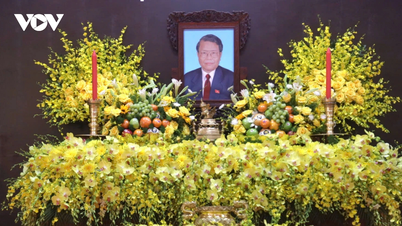
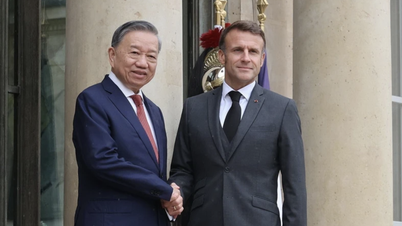









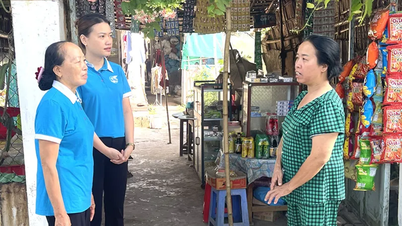

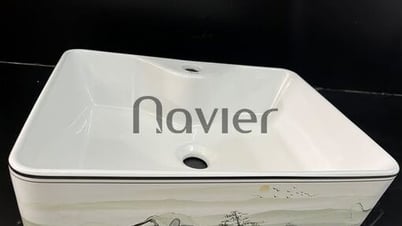



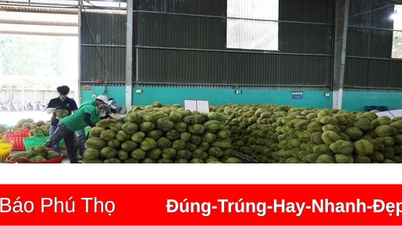
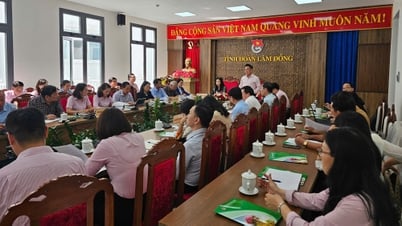













Comment (0)